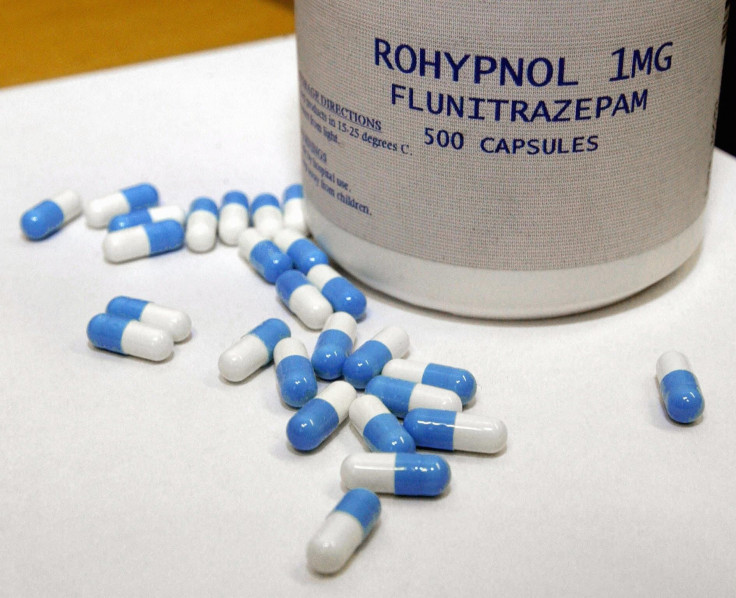Too Little Sleep Health Risks: Metabolic Syndrome Found In People With Less Than Six Hours Of Rest, Korean Study Reveals

Getting less than six hours of sleep at night not only increases the likelihood of “nodding off” at work, its increasing the risk of diabetes, heart disease and strokes, according to a Korean study released this week. It’s called "metabolic syndrome," a combination of risk factors that include high blood sugar and cholesterol, extra fat around the midsection and excess amounts of fats in the blood, Reuters reported.
“The 'short' sleepers should be aware of the risks of developing metabolic syndrome, which could lead them to suffer from life threatening and chronic diseases,” said the study’s lead author, Dr. Jang Young Kim of Yonsei University in South Korea. Kim said of the 2,600 adults monitored over two years, 41 percent of those who didn’t get at least six hours of sleep every night were more likely to develop metabolic syndrome than those who slept for up to eight hours.
A pitfall of the study is that it relied on participants to accurately self-report their sleep habits, medical conditions and lifestyle behaviors, Kim said. The study also lacked data on the quality of sleep that participants were reporting.
Kristen Knutson, a U.S.-based sleep researcher at the University of Chicago in Illinois, reviewed Kim’s work and concluded that the findings are consistent with other studies that associate sleep duration, cardiovascular disease and metabolic syndrome. “The strength of this study is that it is a prospective study, which means short sleep was associated with the development of metabolic syndrome,” Knutson told Reuters. “This is important because the sleep duration was measured before the people had the disease.”
For people looking to avoid the harmful effects of short sleep, researchers suggested reviewing daily routines and scheduling enough time to get needed rest. Although time for work, school or parenting may not be optional, binge-watching television or evening movie marathons can be replaced with more sleep, researchers have said.
“We don’t know yet if it is possible to reverse the effects” of insufficient sleep, Knutson said. “Still, adopting a healthy lifestyle which includes appropriate sleep, a healthy diet and sufficient exercise will be beneficial to your health,” she added.
© Copyright IBTimes 2025. All rights reserved.






















